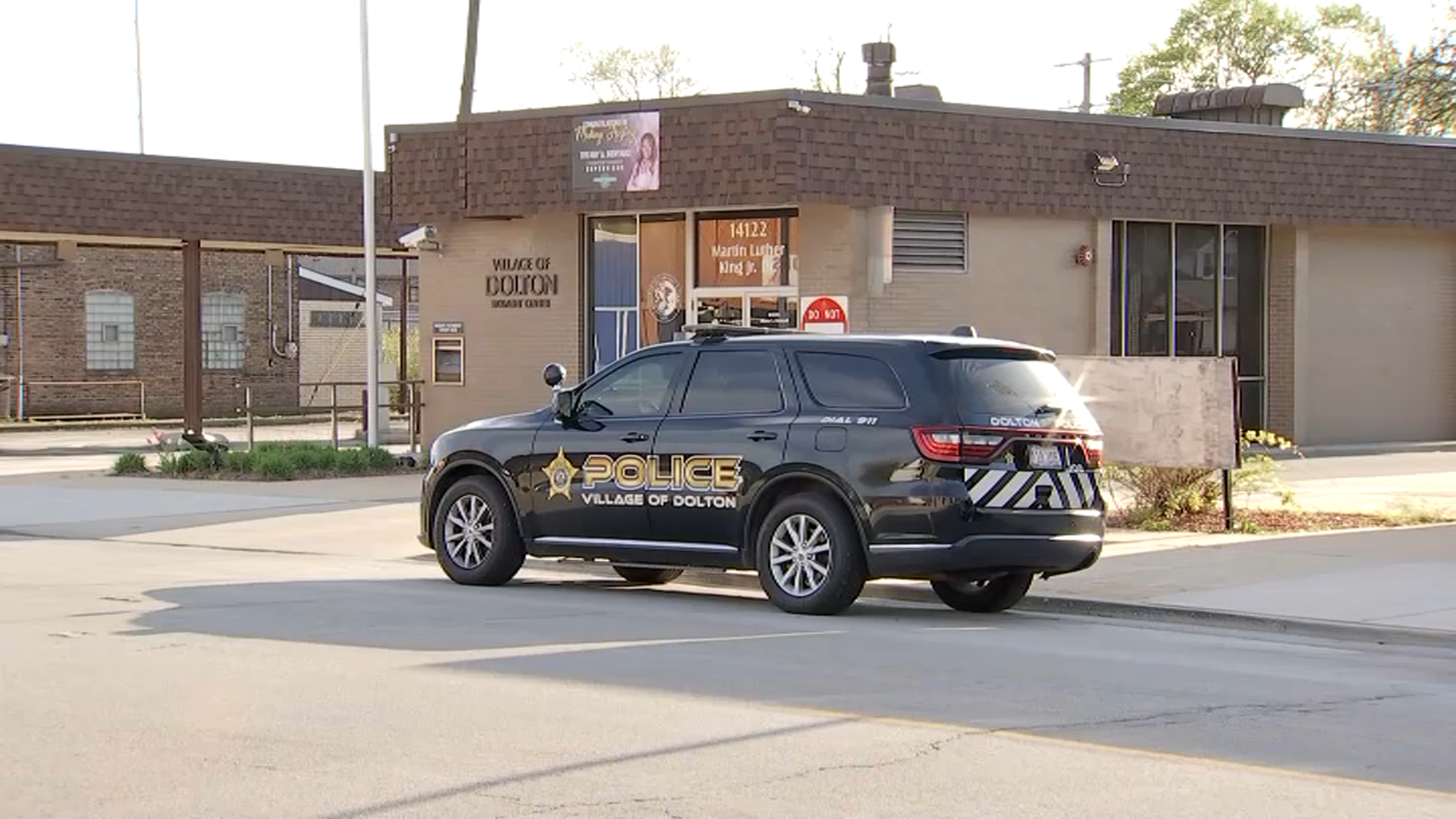An early surge in cases of RSV, a virus that typically appears in the winter, on top of coronavirus cases and other pediatric illnesses, has led to a "serious increase in patients" at pediatric emergency rooms, and Illinois health officials and doctors are now asking parents to call doctors about non-life threatening illnesses before bringing their children to the ER.
Saying "emergency rooms are crowded with very long wait times," the state's top public health experts, alongside hospital leaders and doctors, urged families to "contact their primary care physician, pediatrician or visit an immediate care center for illnesses that are non-life threatening."
“The COVID-19 outbreak remains under good control in Chicago – we are averaging just one COVID hospital admission a day for those under 18 – but this surge in local emergency departments is concerning,” Chicago Department of Public Health Commissioner Dr. Allison Arwady said in a statement. “While I encourage parents to continue to take all the normal preventive measures to protect the health of their children, including getting them vaccinated if they’re eligible, they should only seek care at an emergency department if their child is seriously ill.”
Arwady and Illinois Department of Public Health Director Dr. Ngozi Ezike joined doctors from children’s hospitals across the area, including Lurie Children’s, Advocate Health Care, Loyola Medicine, Rush University Medical Center, University of Chicago Medicine and UI Health to share their message.
Feeling out of the loop? We'll catch you up on the Chicago news you need to know. Sign up for the weekly Chicago Catch-Up newsletter here.
"What this is not, is not a call to tell people to not seek medical care. What we are saying is that we want people to seek the appropriate level of care and to best do that, you can talk with a medical provider to help understand where you will be best served time after time," Ezike said.
Lurie Children's Hospital President and CEO Dr. Thomas Shanley said inpatient hospital volumes have been between 85% and 96% of their bed capacity "for months" and emergency departments have seen a 78% increase compared to last August and a 25% compared to pre-pandemic levels.
"This is due to an unusual emergence of winter viruses in the late summer and early fall," he said. "These respiratory viruses include a rise in the respiratory syncytial virus, also called RSV, which have historically only been seen in the winter months."
Local
Experts say that on top of the early RSV surge and coronavirus cases, local hospital emergency rooms are seeing higher volumes of patients with a common cold or other respiratory virus.
"Many of these illnesses can be treated with care at home and do not require hospitalization," a release from the medical groups states. "For families or caregivers concerned about the health of a child or adolescent, first call your pediatrician or primary care provider to discuss the best options for your child. Many practices offer an after-hours 'parent pager' that can help you decide whether your child’s symptoms warrant a trip to your pediatrician, an immediate care facility or the emergency room."
They emphasized, however, that if a child is unresponsive or if there is a life-threatening emergency, parents should call 911 "right away."
Respiratory Syncytial Virus (RSV), has been causing increasing hospitalizations across the country, including in Illinois, in recent months.
The virus may appear as congestion in older children and adults, but it can be particularly dangerous for the elderly and for infants.
“It is one of the leading causes of hospitalization for children under 1,” Dr. Michael Cappello, vice chairman of Advocate Children’s Hospital, told NBC 5 earlier this month.
The increases in RSV and in COVID have been led to a rapid increase in intensive care unit admissions at several Chicago-area children’s hospitals.
Parents were being asked to watch for symptoms of the virus, but medical experts now say "COVID-19 and RSV symptoms are very similar and are generally not reasons to go to an emergency room."
Some common symptoms shared between RSV and COVID include a fever, cough and runny nose.
RSV and other virus symptoms are like many common childhood illnesses, which can include:
- Fever
- Runny nose
- Cough
- Wheezing or difficulty breathing
- Earache
- Fussiness
- Low energy
- Decreased appetite
"Many of these symptoms can be treated at Immediate or Urgent Care facilitates which are free-standing facilities with convenient hours of operation and are for non-life-threatening issues that usually occur after regular office hours," the group stated. "All our pediatric special care hospitals have immediate or urgent care centers listed on their websites. These facilities offer COVID-19 testing, strep throat diagnosis, wound and injury care, fever care and other related diagnostic and treatment for children."
But if your child has these COVID-19 symptoms, you should visit a COVID testing location, the doctors said:
- Muscle or body aches
- Headache
- New loss of taste or smell
- Nausea or vomiting
- Diarrhea
With many kids back in school, experts say emergency rooms should not be used for COVID testing to get children back into day cares or schools.
"We recommend contacting your pediatrician or search online for testing options," the group stated. "Emergency rooms are very busy and there are long wait times. We want to reserve this space for the sickest children who need this life-saving care."
While some experts have said COVID cases aren't entirely behind the rising pediatric hospitalizations, Ezike noted that cases for younger demographics are rising and urged vaccinations.
"Last week, we identified 3,261 new cases in the 12- to 17-year-old age group and for those who were younger than age 5 to 11 and still unable to get vaccinated, we did see 3,476 new cases last week," she said. "We haven't seen this high of a case count among the 5- to 11-year-olds since November 2020, when we were hit with the second wave. So I'm imploring you, begging, beseeching you to please get yourselves vaccinated and get your young people vaccinated as they are eligible."
So when should you head to the emergency room? Here's the latest advice from officials:
If your child’s injury or illness is serious or worsening, do not delay seeking care at a pediatric emergency room or department. Experienced physicians and nurses are staffed around the clock to handle even the most complicated, life-threatening injuries or conditions, including but not limited to:
- Newborns (under two months) with a fever of 100.4° F or higher
- Severe chest pain, trouble breathing, passing out or fainting, coughing up blood
- Severe asthma attacks
- Severe dehydration
- Serious allergic reactions
- Injuries such as large and complex cuts or wounds, open or severe bone fractures, ingesting poison, serious burns
- Sudden neurologic concerns such as changes in mental status, seizures, high fevers with headache and a stiff neck, sudden changes in the ability to speak, see, walk or move
- Safety concerns and thoughts of harming themselves or others



